UnityPoint Health - Des Moines Audiology Services
Information
Number of patients waiting reflects the current number of patients waiting to be seen. This number changes frequently and is not exact.
Hours of Operation
- Monday: 7:30 AM - 4:30 PM
- Tuesday: 7:30 AM - 4:30 PM
- Wednesday: 7:30 AM - 4:30 PM
- Thursday: 7:30 AM - 4:30 PM
- Friday: 7:30 AM - 2:00 PM
- Saturday: Closed
- Sunday: Closed
Audiology & Hearing Aid Services
Audiology Services at UnityPoint Health - Des Moines and Blank Children's Hospital, provides comprehensive diagnostic and rehabilitative hearing services for infants, children, adults and patients with special-needs. Our team of specially trained professionals ensures the best care and provides patients with the resources needed to make informed decisions.
Audiologists are highly trained healthcare professionals who evaluate, diagnose, treat and manage hearing loss. Our audiologists are licensed by the State of Iowa as both audiologists and hearing aid specialists and are also certified by the American Speech-Language-Hearing Association (ASHA) to practice audiology.
Meet Our Audiologists
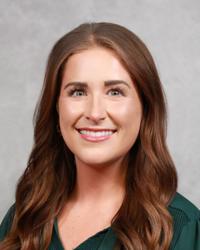
Megan Dorfler, AuD, MA
Pediatric Audiology
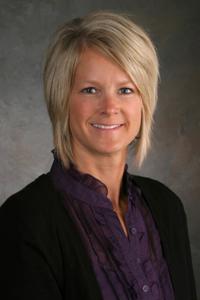
Amy Timmerman, MA, CCC-A
Audiology, Pediatric Audiology
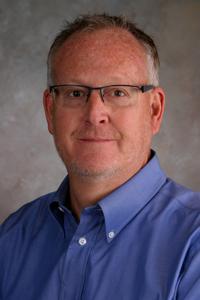
J. Michael Tysklind, MS, CCC-A
Audiology
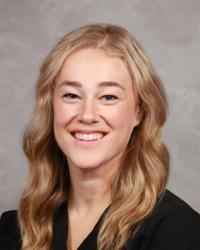
Blaire Adams, AuD, CCC-A
Audiology, Pediatric Audiology
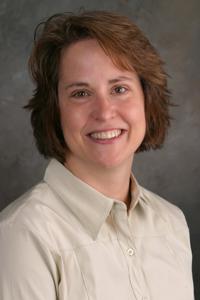
Elizabeth McCleary, AuD, CCC-A
Audiology, Pediatric Audiology
Evaluation and Diagnosis of Hearing Loss
Audiometric testing helps to identify any current hearing issues. This hearing evaluation allows for a thorough understanding of the capabilities and limitations of an individual to communicate in a variety of different listening situations. The information learned in the evaluation enables the audiologist to develop a treatment plan that will improve the patient's quality of life. Our audiologists are an important part of the care team and work closely with doctors when necessary.
- At the age of 50, receive a screening every three years
- Prior to age 50, receive a screening every ten years
- In the United States, all children are required to be screened for hearing loss by one month of age.
- For any child who does not pass their hearing screen at birth, our goal is to do a diagnostic test by age three months.
- Any child who is found to have hearing loss, should receive treatment (hearing aid(s) and early intervention) by age six months.
- Children at risk for acquired, progressive or delayed-onset hearing loss should have at least one additional hearing test by two to two and a half years of age.
- Our clinic has specific testing protocols for children who have a family history of hearing loss, Congenital Cytomegalovirus (CMV) or Meningitis.
Services
- Newborn and infant hearing tests (Otoacoustic Emission and Auditory Brainstem Response)
- Behavioral hearing tests (Pediatric and Adults)
- Immittance measures such as tympanometry
- Otoacoustic emissions (OAE) testing
- Hearing conservation services
- Hearing aid evaluation, fitting and management (including bone conduction hearing device candidacy)
- Services related to remote microphone and other assistive technology
Treatment and Management of Hearing Loss
Hearing instruments are just one aspect of managing hearing loss. Hearing aids are complex medical devices. Patients should work with an audiologist who can appropriately select the device that fits one's lifestyle, is easy to use and fits within the patient's budget. The audiologist will ensure that the device is programmed appropriately by performing objective test measurements. This ensures that patients receive the maximum benefit from the device. Other assistive accessory devices might also be recommended and pursued to improve your overall level of hearing in certain situations.Our pediatric clinical audiologists work closely with school audiologists to ensure the child with hearing loss has the tools, resources, and information necessary for them to be successful at school.
Insurance
Some health insurance plans do not cover hearing instruments, although patients are encouraged to check with their provider concerning coverage. We are participating providers with Title XIX (Medicaid) and the EPIC/UHC Hearing Service Plan and Compassion Fund Program for kids.

